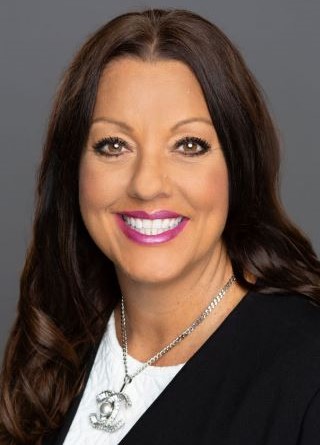Thousands of businesses across the country have been denied insurance claims for “business interruption” after shuttering their offices, restaurants and service establishments during the COVID-19 pandemic.
Many of those insurance policies they bought to cover crises have exclusions for viruses such as the coronavirus.
Insurance companies have been routinely denying pandemic-related claims. And there is no easy fix. Because it is such a new issue, no court decisions have been forthcoming.
One way to determine whether it is possible to challenge a denial is to hire a lawyer who specializes in insurance. The legality of exclusion clauses may not be as solid as insurance companies would lead businesses to believe, experts say.
RELATED: Face masks just the latest of public safety battles
RELATED: Rules tighten on protected speech in workplace
As of this month, more than 400 business interruption lawsuits have been filed, the New York Times reported.
“Most business interruption policies include highly specific language stating that for a claim to be paid out, there has to be ‘direct physical damage’ — say, a flood that washes away a building or a fire that burns down inventory, forcing a business closure,” the article states. “On top of that, after SARS swept through Asia nearly two decades ago and caused widespread economic damage, many insurers began to write in language that excluded business interruption caused by viral epidemics.”
Too much risk, too little money
Insurance companies say it is not a matter of being tight-fisted, but a lack of money to cover all COVID-19 related claims.
Just this month, Berkeley, CA restaurant Chez Panisse sued its insurance company for refusing to pay its business interruption claims. “The lawsuit, which charges the insurer with breach of contract, seeks a declaration that its business income losses are covered,” according to the site Business Insurance. “In response to a query, Nationwide issued the same statement it has issued previously, stating ‘Business interruption coverage due to a virus outbreak has been excluded from standard policies issued to business owners across the insurance industry for quite some time.’”
The risk is too vast to make coverage affordable, Nationwide stated.

There may be loopholes, however, said Amy Boggs, with Boggs Law Group in St. Petersburg, FL.
“You have to look for a technicality. The driver of this is really language,” said Boggs, chair of the Property Insurance Section of the Florida Justice Association. “There are some challenges to getting these cases resolved.”
New York City businesses, too, are fighting the insurance companies.
“They paid for business interruption insurance for years,” said Olympia Kazi, who works with the NYC Artists Coalition, a group that helps preserve community cultural spaces. “And then they hear that COVID-19 is not covered, it’s like the cherry on top of this whole mess,” she told The City.
“COVID-19, insurers argue, does not qualify as causing direct physical damage, resulting in a near-universal denial of claims for businesses across the country,” The City reported.
“Armed with virus and communicable disease exclusions and high-powered attorneys, insurers are ready to defend their rejection of business interruption claims across the U.S.,” according to S&P Global Intelligence. “But lawyers for policyholders see ambiguity in contract language and expect courts to look favorably on their arguments that lean on traditional interpretations of exclusions and claims.”
Lengthy court battles
These court battles are likely to drag on and may end up in federal court, since companies typically issue policies to many states, said Ron Haynes, of Christopher Ligori & Associates in Tampa, FL. Haynes serves as the chair of the Florida Justice Association Subcommittee for Business Interruption.
“We are getting denials across the board and the majority is on virus and bacteria exclusions, because insurance companies are saying there must be direct physical loss or damage and that never happens,” he said. There may be some workarounds, though.
“Here in Florida, if there is any ambiguity in terms of interpretation of a policy, the ambiguity goes against the drafter,” Haynes said. For instance, the ISO Bulletin, a regulatory bulletin for the Insurance Services Office, drafted the exclusion and it was submitted to various states for approval. “There is a section in most policies giving coverage for ‘civil authority.’ That means if there is a reason other than physical damage that shuts down a business – where a policy just says damage – those are what we are hammering on.”
Until now, that might have meant a fire nearby shut off access to a business or a sinkhole forced a nearby business to shut down. Now, it could also mean the virus forced a business to shut down, Haynes said.
“We will find out which way federal and state judges will rule.”














